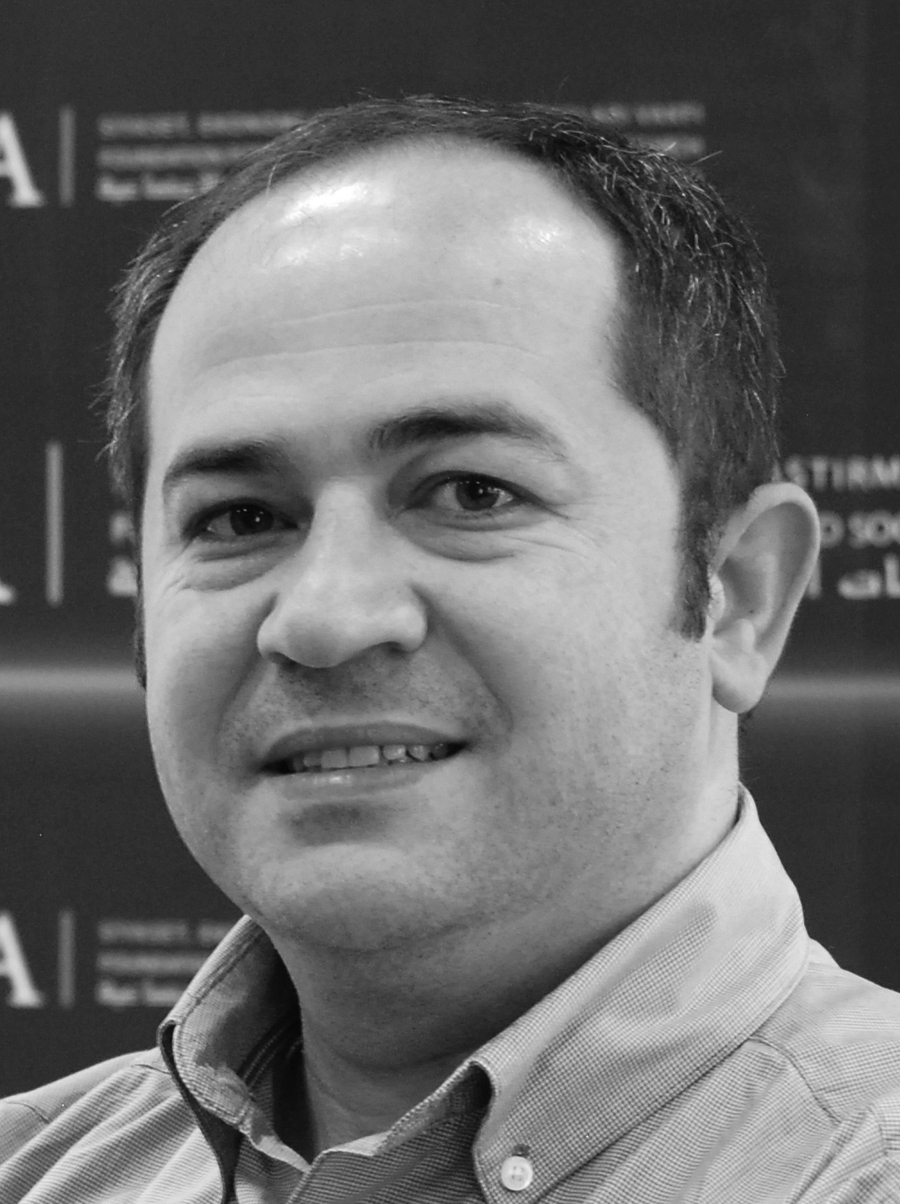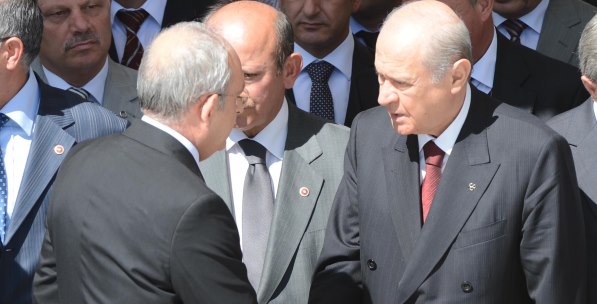The opposition's pursuit of a unity candidate, already plagued with a number of practical problems, also goes against the nature of democratic politics by alienating the AK Party and promoting further polarization in Turkish politics.
The upcoming presidential race has become the top item on Turkey's political agenda as both the Justice and Development Party (AK Party) and opposition parties are devoting considerable energy to reach a final decision on their candidates. Early on, the ruling party had narrowed down its options to either supporting a bid by Prime Minister Recep Tayyip Erdoğan or helping President Abdullah Gül get reelected. Although the party has yet to reach a final decision on the matter, the AK Party Executive Committee dismissal of claims that it could revoke the three-term limit led many to believe that Mr. Erdoğan would indeed pursue the presidency. The popular view is that the party leadership got closer to a final decision following last weekend's party retreat in Afyon.
Things are a little more complicated among the opposition ranks. The Peoples' Democracy Party (HDP) seems to have plans to participate in the first round and side with the AK Party candidate in the second. The Republican People's Party (CHP) and the Nationalist Movement Party (MHP), meanwhile, seek a candidate who could mobilize the largest group of voters against either Mr. Erdoğan or Mr. Gül. The MHP leadership, which turned down a CHP proposal to join forces before the local elections, seems to have warmed up to the idea, as the presidential race approaches. While the latest developments suggest closer cooperation between the parties, however, locating the right candidate -- whom both parties roughly describe as conservative, nationalist, democratic, secularist and widely-popular -- remains a key challenge.
A key consideration for both opposition parties is to find a candidate with no political experience, which reflects concern that the unity candidate, who is likely to receive over 40 percent of the vote, could come back to challenge either party's current leadership after the election. A political figure, furthermore, could spoil efforts to rally both CHP and MHP voters behind the campaign.
The current roadmap, however, comes with serious flaws as it remains unclear whether a unity candidate with no experience in politics -- and therefore a range of areas including public speaking and campaigning -- could compete with either of the AK Party's potential candidates. Another problem is that the plans hardly reflect the changing role of the president, whose participation in popular elections and reelection concerns will inevitably politicize the country's top public office.
The opposition's pursuit of a unity candidate, already plagued with a number of practical problems, also goes against the nature of democratic politics by alienating the AK Party and promoting further polarization in Turkish politics. Instead of waiting for voters to rally around the AK Party candidate's opponent in the second round, opposition leaders have sought to expedite the anti-government front's formation by limiting the people's options. The oft-ignored downside of such plans is that they tend to consolidate the AK Party base - just like during the local election campaign, when a fundamentally anti-Erdoğanist opposition triggered a sizeable pro-Erdoğan response.
Keeping the above factors and implications in mind, the opposition's ongoing efforts to find a unity candidate to challenge either Mr. Erdoğan or Mr. Gül in August seem both politically misguided and practically difficult.
[Daily Sabah, May 12, 2014]









